Canada has long been a quiet innovator, consistently producing standout companies across sectors without always drawing the attention they deserve. While U.S. firms often grab global headlines, Canadian businesses have quietly forged their own path, leading in sustainability, tech, retail, and more. Many of these enterprises offer services or experiences so distinct that they defy replication south of the border. Whether due to cultural nuances or business model complexity, these 23 Canadian firms remain one-of-a-kind.
Tim Hortons
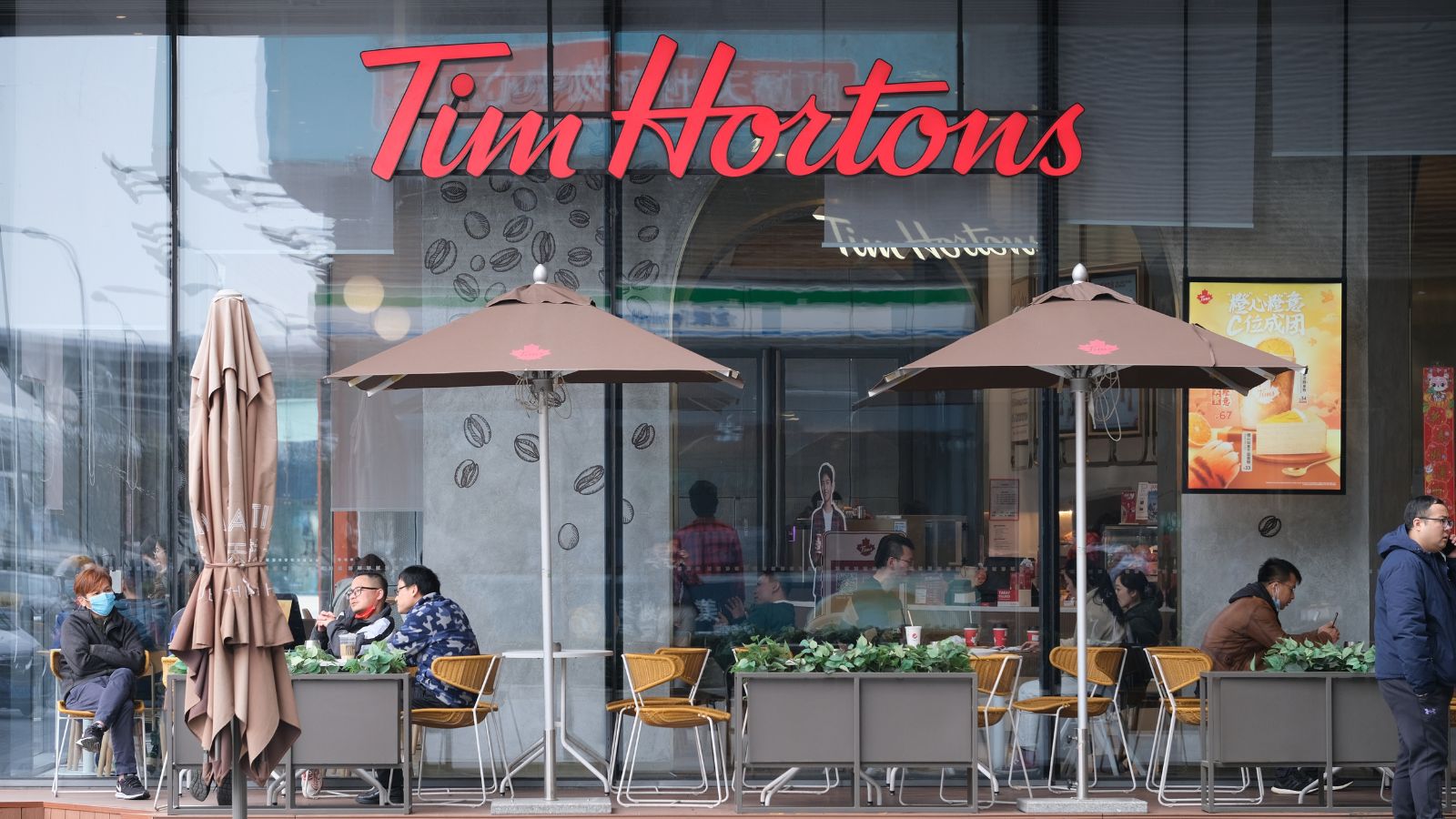
Often dubbed “Canada’s coffee shop,” Tim Hortons is much more than a place to grab a double-double. It’s a cultural institution woven into the daily routine of millions of Canadians. Despite attempts to expand into the U.S., Tim Hortons never reached the same iconic status outside its home country. The brand’s mix of affordability, familiarity, and nostalgia simply couldn’t be cloned in a market already saturated with global giants like Starbucks and Dunkin’.
Lululemon

Although many American brands offer athletic apparel, none have managed to replicate Lululemon’s distinct blend of premium performance wear and lifestyle branding. The Vancouver-based company turned yoga pants into a status symbol and cultivated a passionate following through community-focused initiatives like in-store classes and local events. U.S. brands have tried to emulate this formula but usually fall short in authenticity or product innovation.
Roots
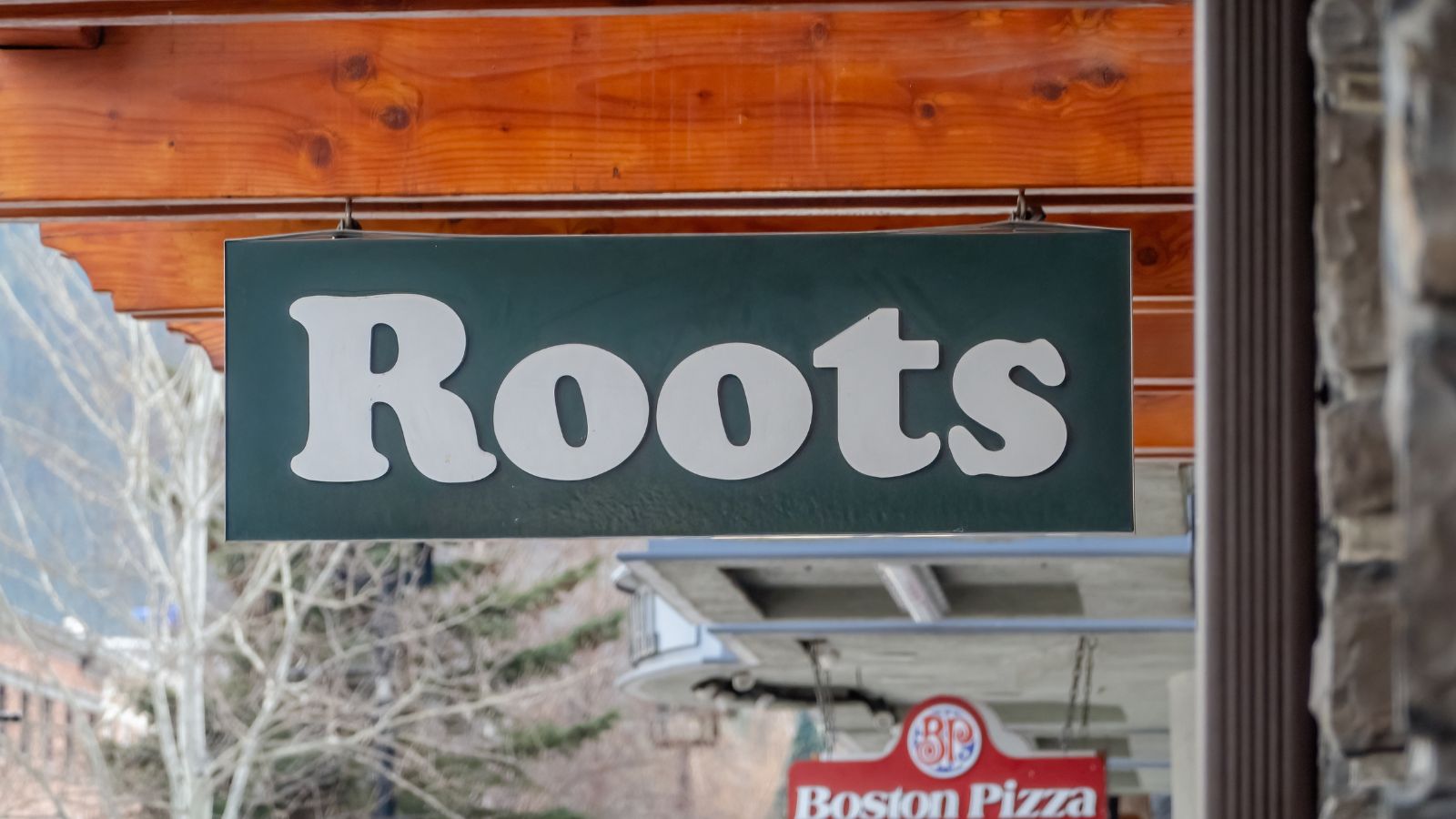
Roots has defined Canadian casual style for decades with its comfortable, heritage-inspired apparel. Known for its iconic salt-and-pepper sweats and leather goods, the brand evokes a sense of Canadian wilderness and simplicity. While some American brands have attempted to mirror the outdoorsy aesthetic, they often lack the craftsmanship and national pride that Roots embodies. The company’s connection to Canadian identity has proven difficult for U.S. competitors to replicate.
Shopify

While the U.S. dominates big tech, Canada produced one of the most influential e-commerce platforms in the world with Shopify. Unlike American counterparts like Amazon, Shopify empowers small and medium-sized businesses to build their own online stores and maintain control of their brand. Its user-first approach and streamlined tools have made it a go-to for entrepreneurs worldwide. Attempts to create similar platforms in the U.S. have fallen short due to Shopify’s head start and intuitive design.
Canadian Tire
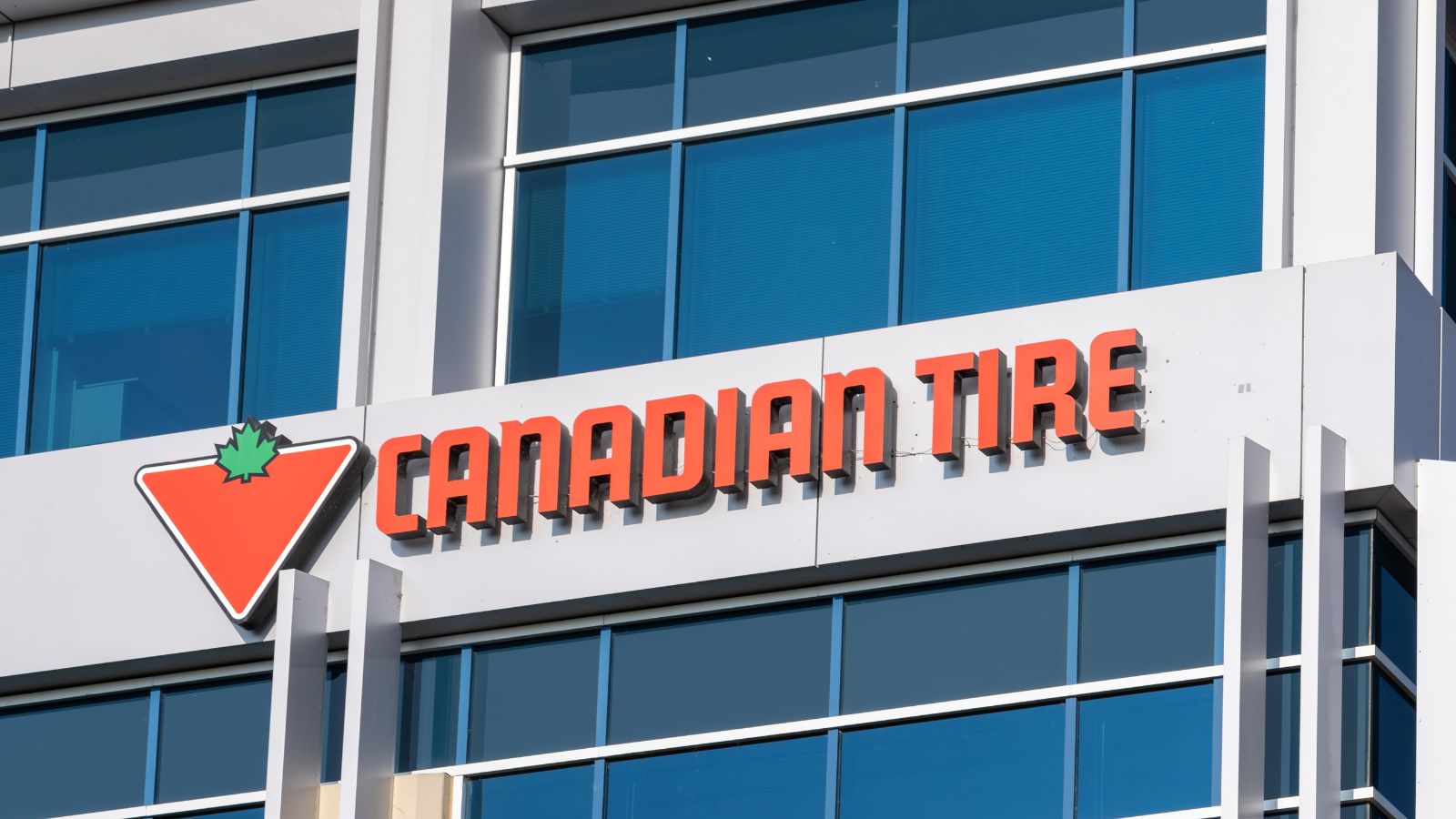
Canadian Tire is more than just a hardware or automotive store—it’s a national institution that embodies the DIY Canadian spirit. It offers everything from camping gear to Christmas lights, all under one roof, making it a household staple. The brand also maintains loyalty through its beloved “Canadian Tire Money,” a pseudo-currency that’s deeply embedded in Canadian culture. No U.S. retailer has successfully matched its eclectic mix of products and nostalgic marketing.
WestJet
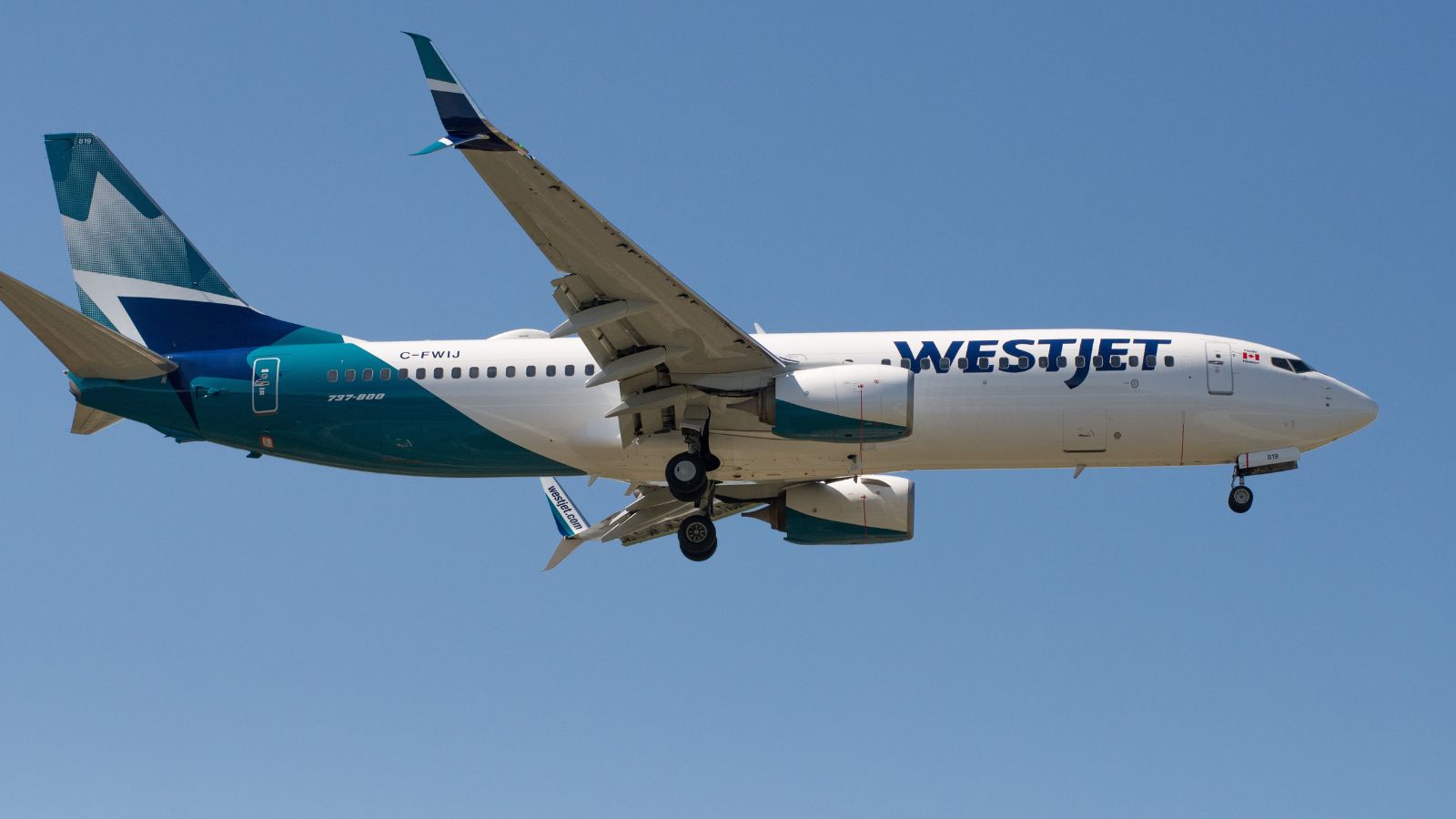
WestJet disrupted Canada’s airline industry by offering low fares without compromising service quality. It managed to combine affordability with a friendly, community-driven brand that fostered customer loyalty. While budget airlines are common in the U.S., few have captured the same level of consumer trust and positive brand image. WestJet’s uniquely Canadian approach to service, humor, and hospitality makes it stand out in ways American carriers have yet to achieve.
Cineplex

Cineplex isn’t just a movie theater chain, it’s a full entertainment experience with arcades, restaurants, and premium seating. The brand has adapted successfully to changes in consumer behavior, offering memberships and digital content alongside traditional cinema. While American theater chains have tried to diversify similarly, they rarely achieve the same integration and loyalty. Cineplex’s dominance in Canadian entertainment showcases how understanding a national market leads to long-term success.
Circle K (Canadian Origin Division)
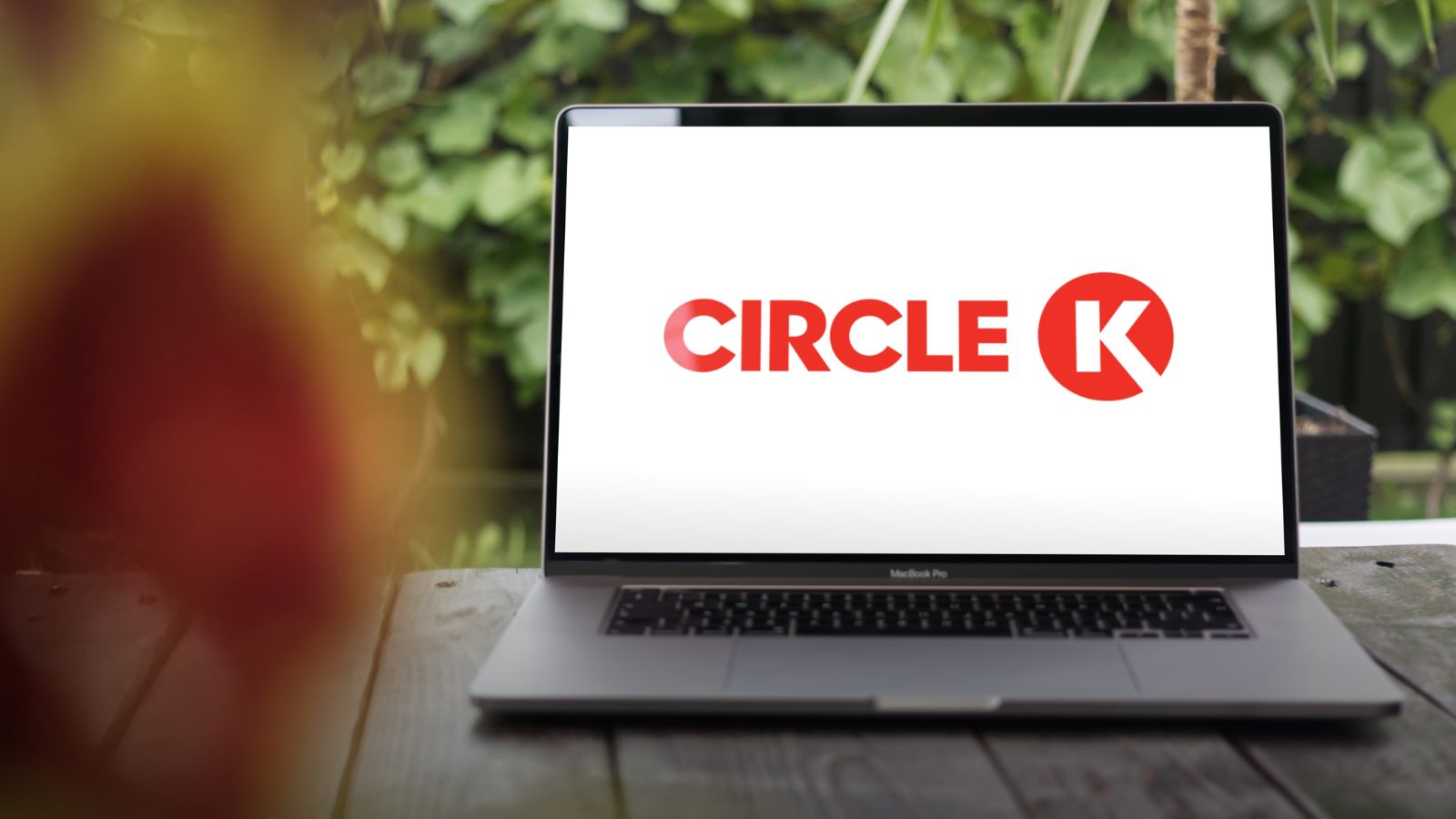
Though Circle K is now owned internationally, its Canadian division carved a unique path with high service standards and local flair. While convenience stores are everywhere in the U.S., few offer the same level of consistency and cleanliness as Circle K Canada. The brand’s roots in understanding small-town needs have allowed it to thrive in places where U.S. chains have struggled.
Aritzia
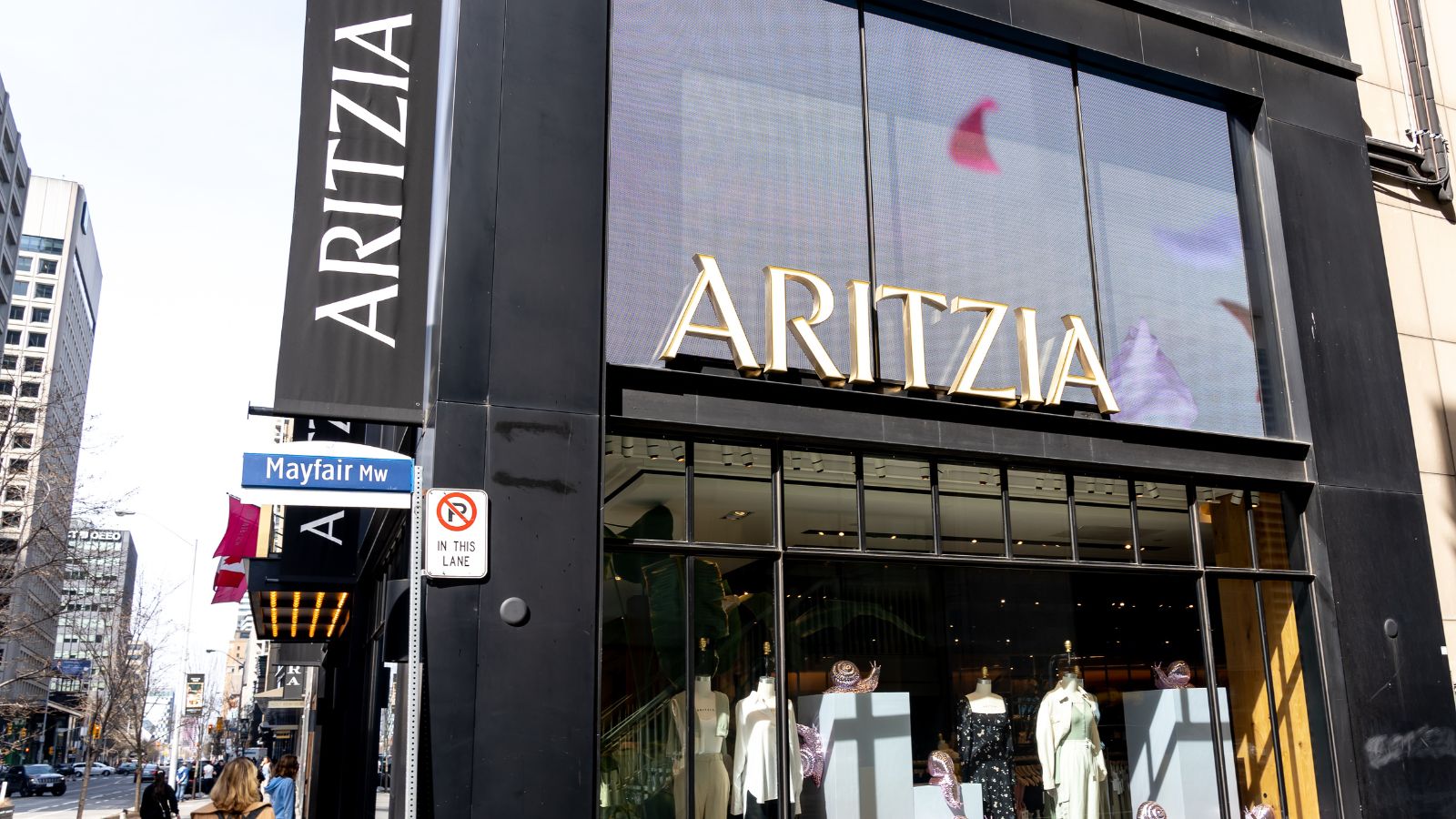
Aritzia has built an empire on “everyday luxury,” offering women’s fashion that balances trendiness with quality. Based in Vancouver, the brand focuses on customer experience in meticulously designed boutiques and consistent brand messaging. While several American brands have attempted similar strategies, few maintain the same curated feel. Aritzia’s ability to blend fashion and lifestyle has resonated in Canada, and its slow but steady U.S. expansion proves how hard it is to mimic.
Hudson’s Bay

One of North America’s oldest retailers, Hudson’s Bay is a symbol of Canadian history and commerce. While department stores have largely declined in the U.S., Hudson’s Bay retains its prestige through heritage branding and high-end partnerships. Its iconic striped blankets and unique merchandising keep the brand relevant. American department stores have struggled to evolve similarly, often losing touch with their original identity.
Joe Fresh

What started as a grocery store fashion label evolved into a stylish and affordable brand found across Canada. Joe Fresh blends simplicity with value, often seen as the Canadian answer to Uniqlo. Despite early attempts to expand in the U.S., it never caught on due to differing fashion sensibilities and retail strategies. The brand continues to thrive domestically with a strong identity rooted in everyday wearability.
Air Canada
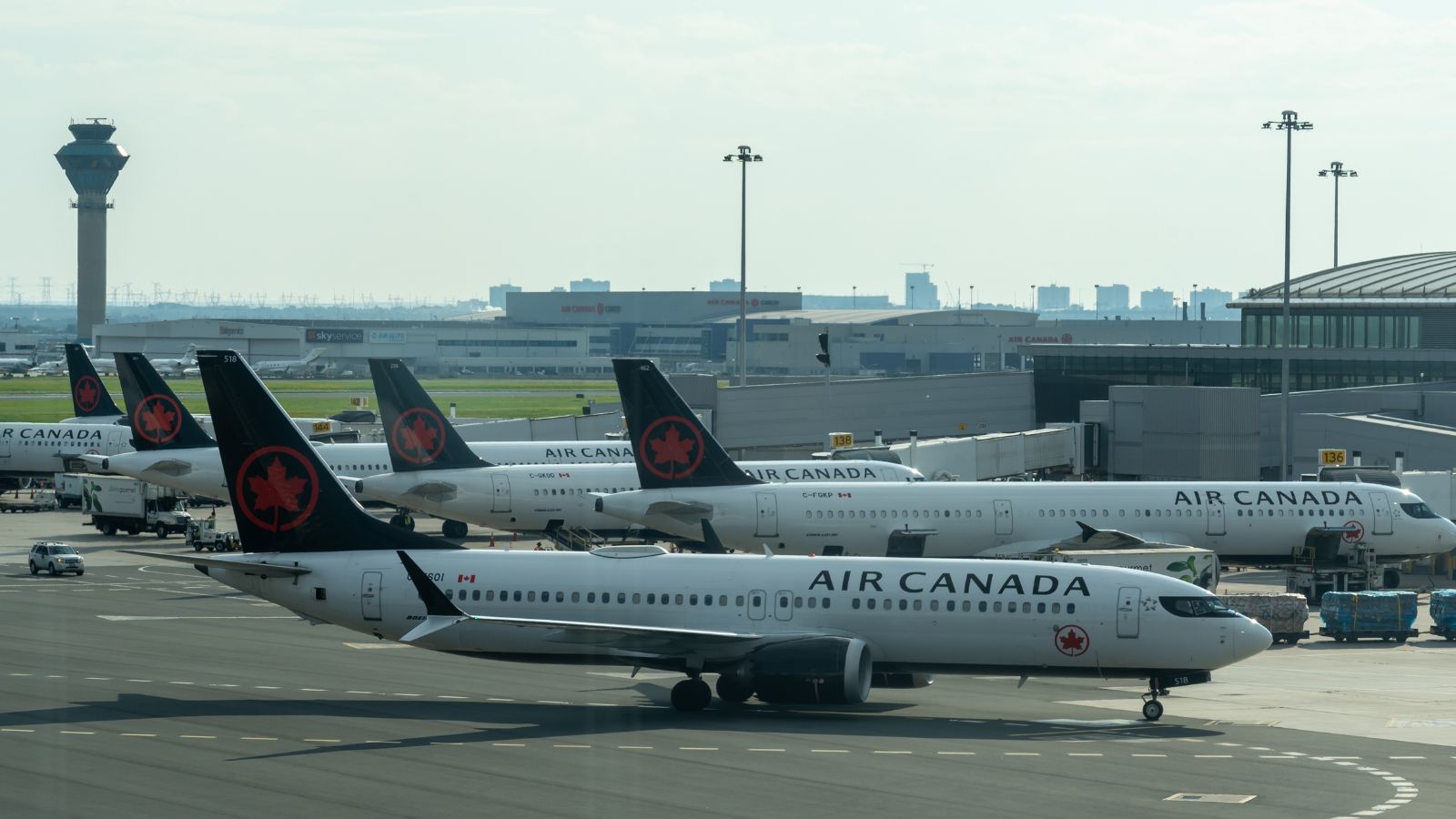
While major U.S. airlines are often criticized for customer service, Air Canada has built a reputation for reliability and professionalism. It has carved a niche in international travel with strong connections to Europe and Asia, especially through Toronto and Vancouver hubs. Unlike many American airlines, Air Canada emphasizes bilingual service, national pride, and a refined in-flight experience.
President’s Choice
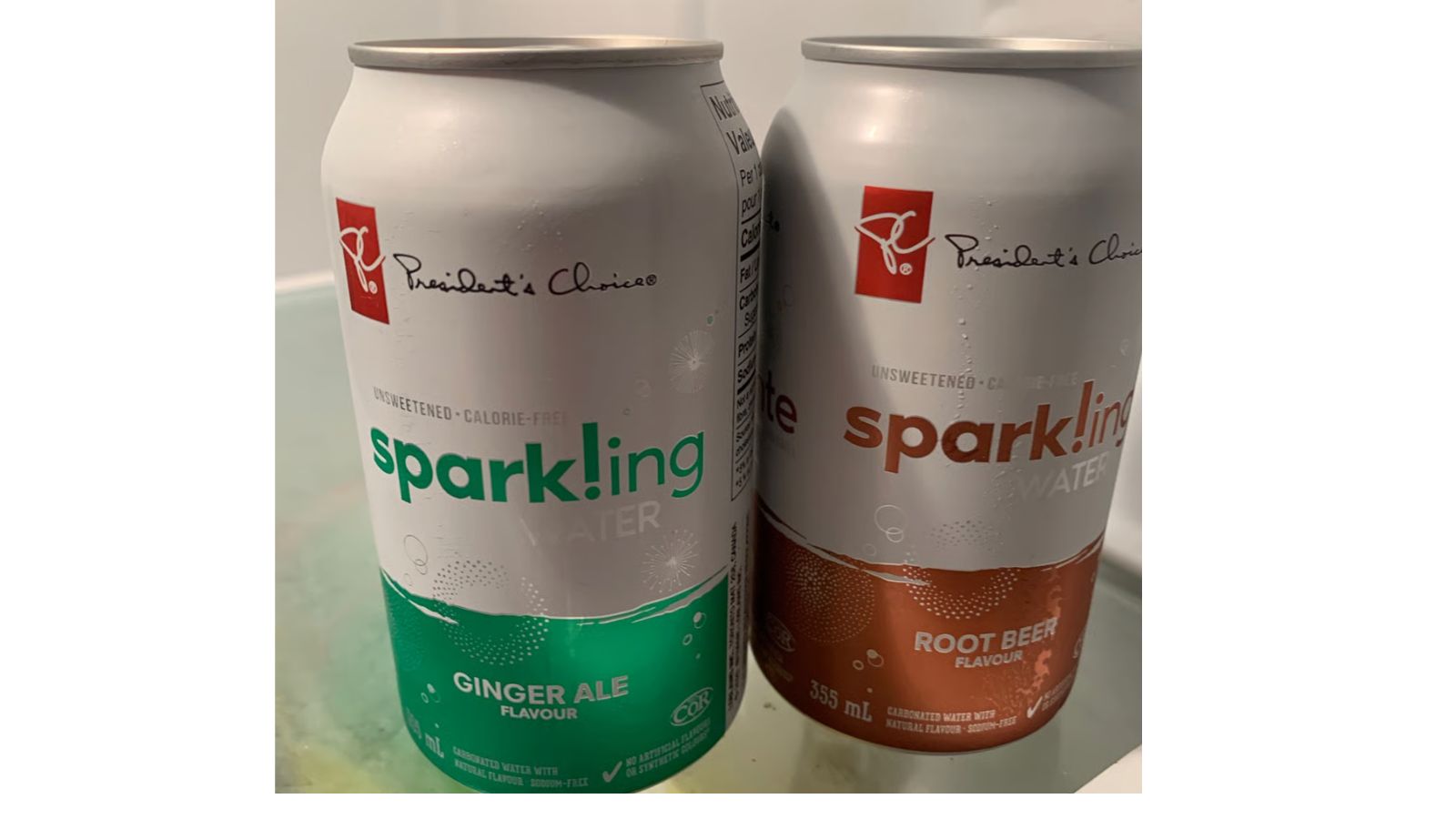
Loblaws’ private label, President’s Choice, is one of the most successful store brands in the world. With gourmet-level quality at affordable prices, it has redefined what private labels can achieve. U.S. grocery chains have tried similar tactics but often lack the branding finesse and innovation seen in PC products. From unique frozen meals to upscale snacks, President’s Choice keeps pushing boundaries while maintaining trust.
Mountain Equipment Company (MEC)
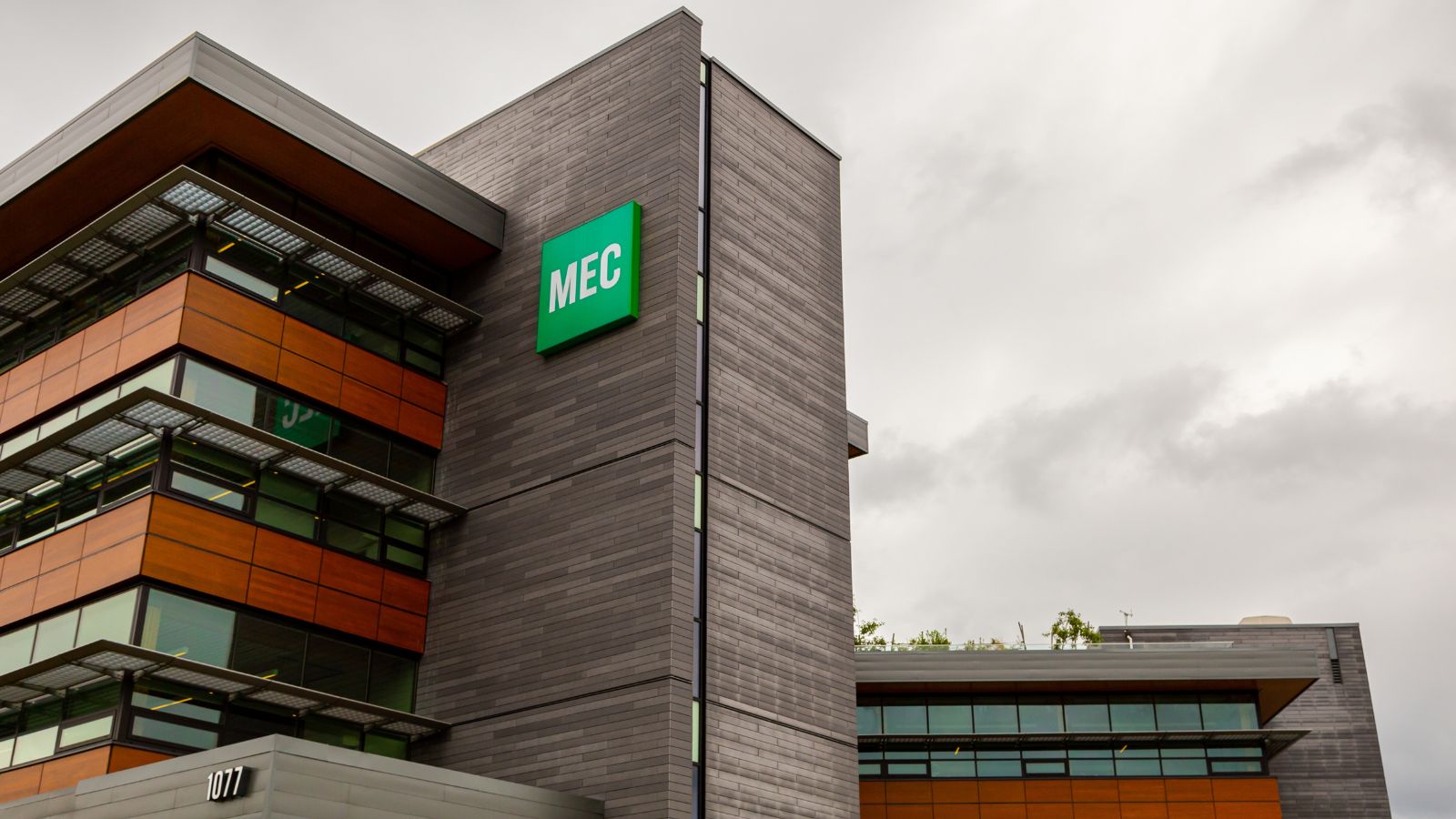
MEC is Canada’s version of REI but with a more grassroots, co-op origin that shaped its credibility among outdoor enthusiasts. Though now privately owned, MEC built its brand on environmental responsibility, quality gear, and community involvement. Attempts to create similar retailers in the U.S. often fall short on ethos or product range. MEC’s deep relationship with Canada’s outdoor culture remains unmatched.
Sleep Country Canada
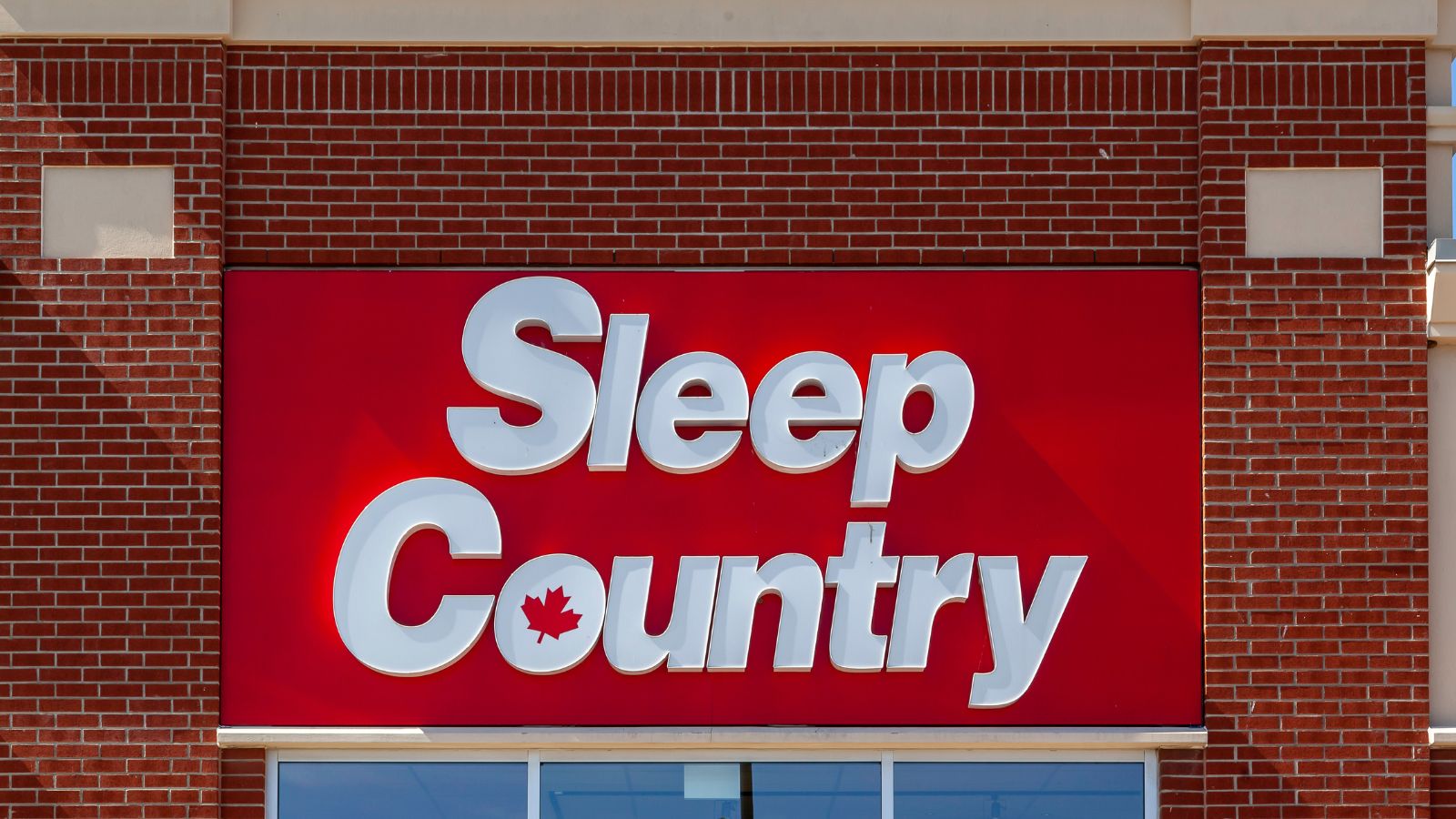
“Why buy a mattress anywhere else?” isn’t just a slogan—it’s a truth for many Canadians. Sleep Country dominates the mattress retail market with an extensive selection, white-glove delivery, and memorable advertising. American mattress retailers haven’t achieved the same brand loyalty, often being seen as interchangeable. Sleep Country’s customer-first approach and broad footprint make it a standout in a crowded industry.
SkipTheDishes
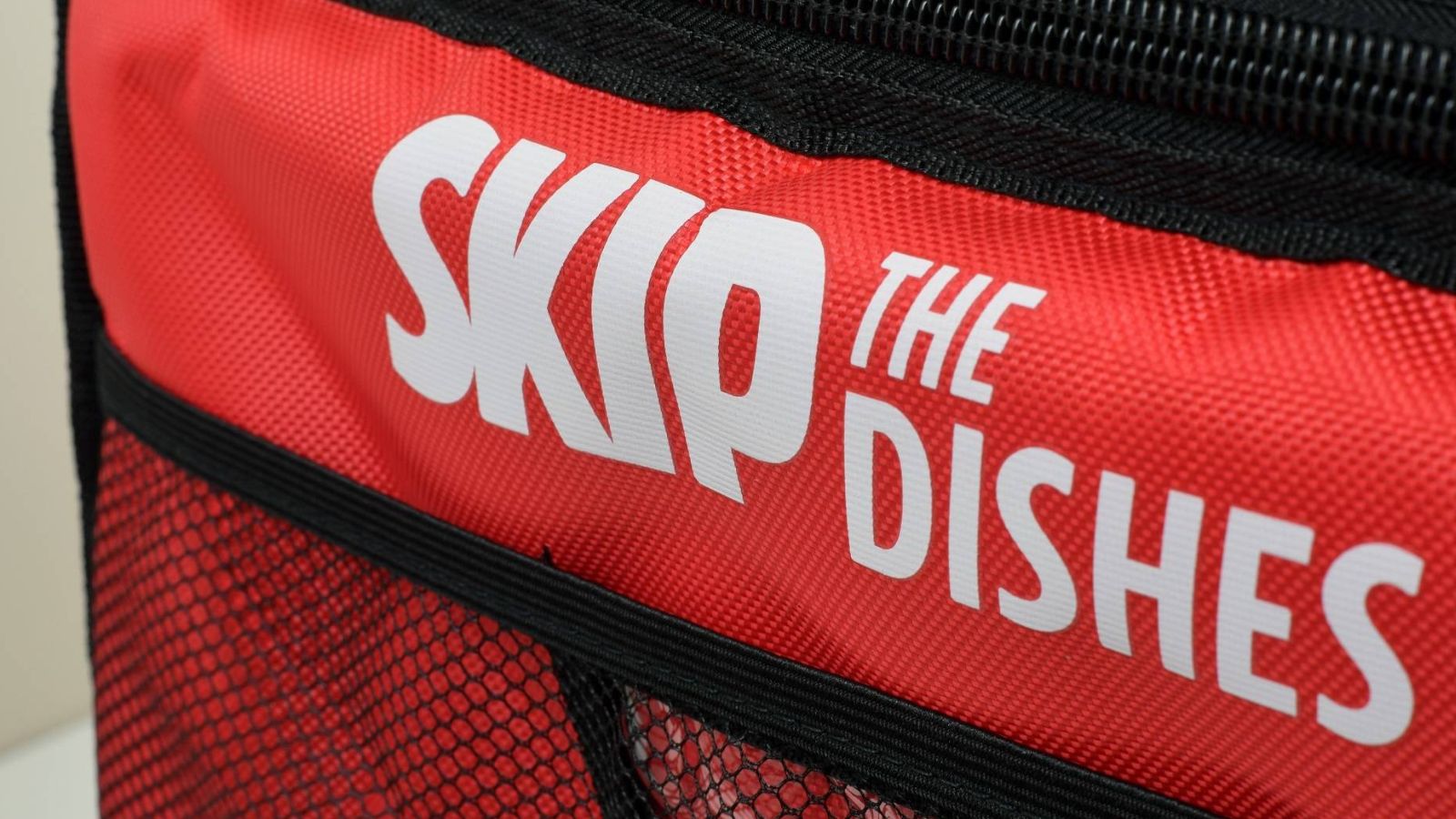
Before DoorDash or Uber Eats took over North America, Canada had SkipTheDishes—a food delivery app tailored specifically to smaller Canadian cities. The company succeeded by filling a gap U.S. competitors overlooked: reliable delivery in mid-sized markets with fewer dining options. Even as larger players entered the space, SkipTheDishes retained its niche through aggressive partnerships and strong local branding.
Canada Goose
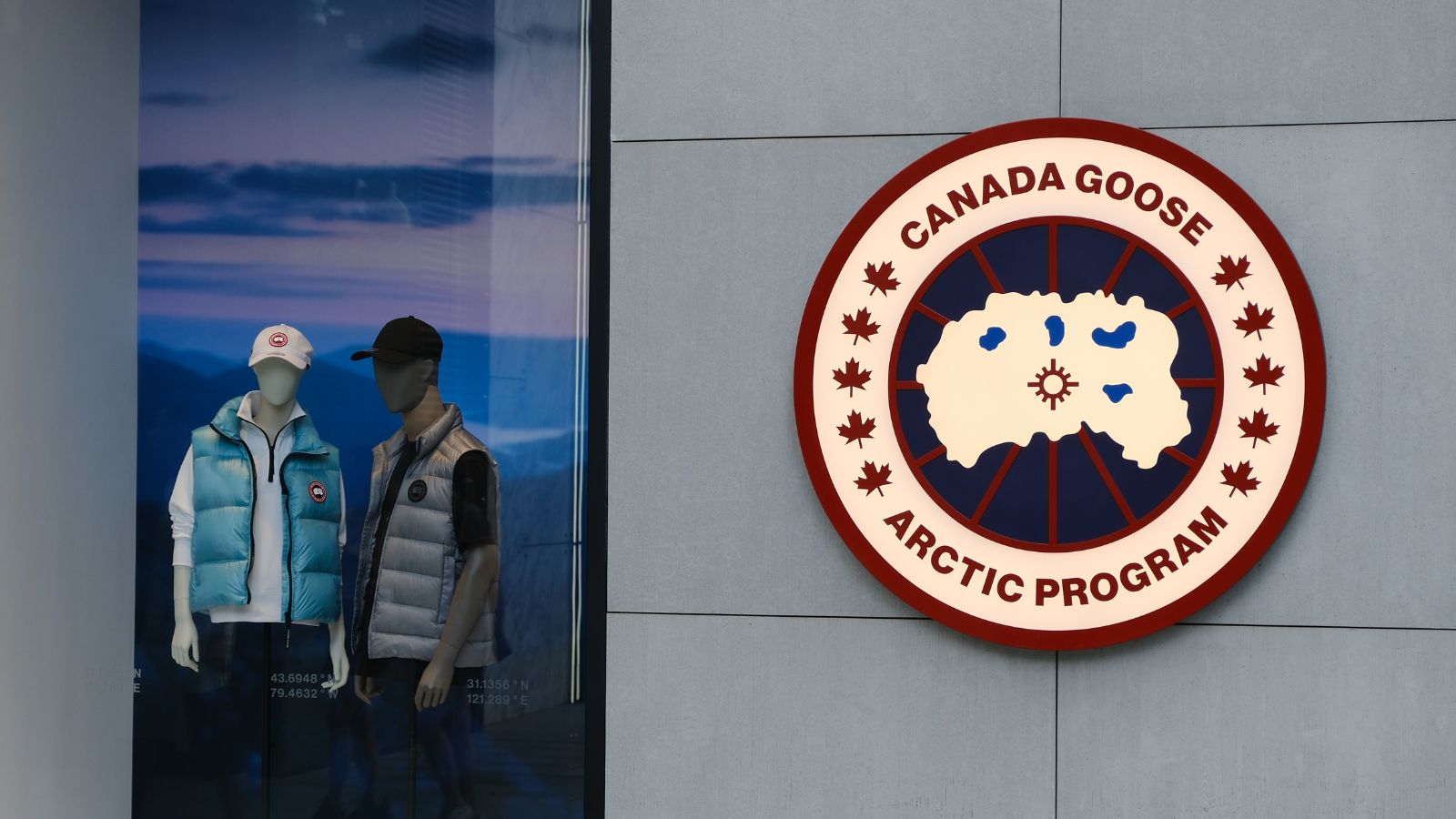
Canada Goose turned functional parkas into fashion statements without compromising on durability or warmth. Its extreme-weather gear, made in Canada, is prized worldwide and especially valued in frigid climates. American companies have tried to mimic the luxury outerwear model but often lack the brand’s credibility and craftsmanship. Canada Goose’s authenticity and purpose-built design keep it firmly in a league of its own.
Tangerine Bank

As a digital-first bank, Tangerine revolutionized Canadian banking before fintech was a buzzword. Its no-fee accounts, intuitive app, and customer service made it a favorite among tech-savvy users. While U.S. banks have launched digital-only subsidiaries, few have matched Tangerine’s early trust-building and seamless user experience. The brand proved that smart banking doesn’t require physical branches.
London Drugs
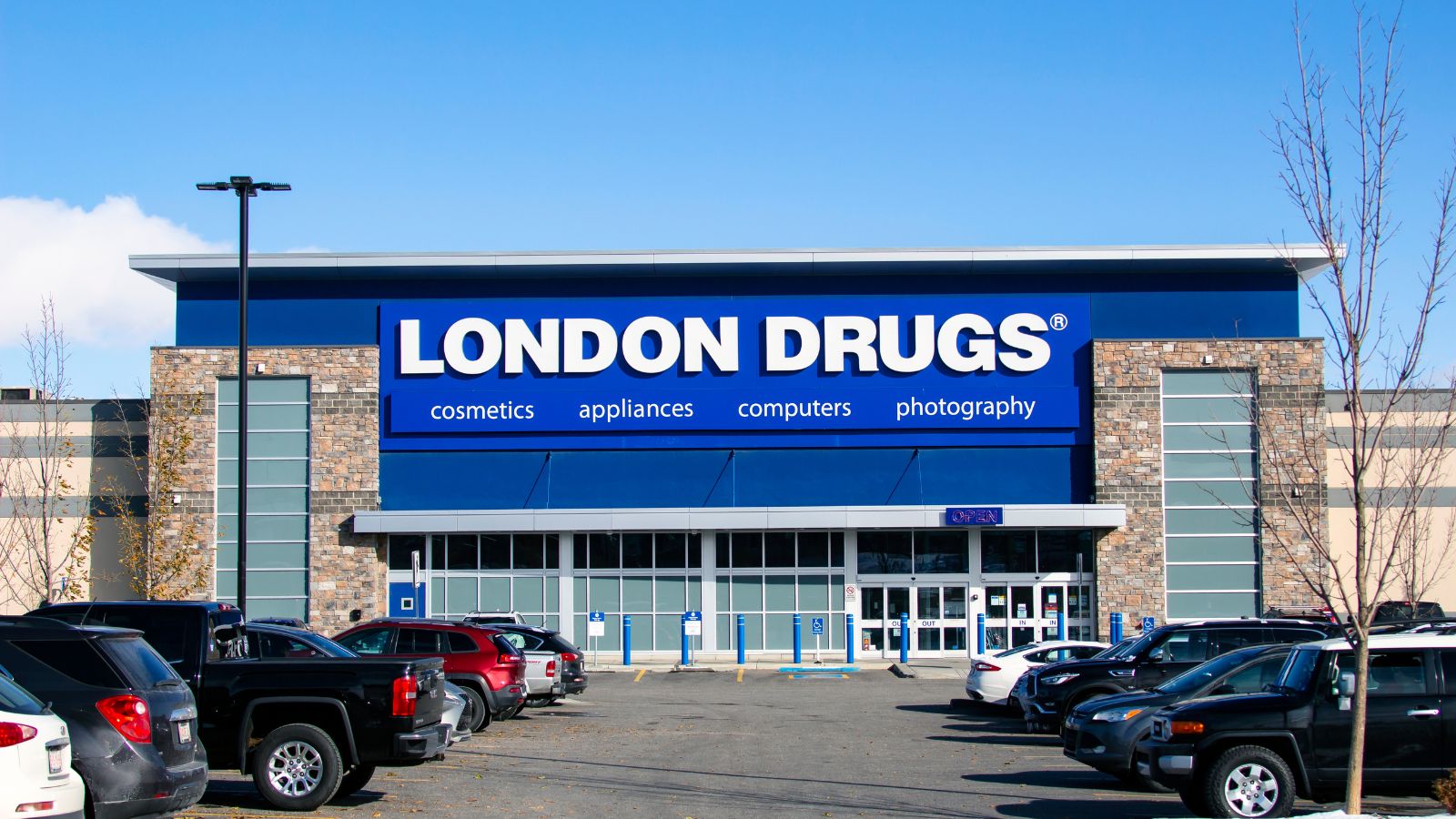
London Drugs blends pharmacy, electronics, photo services, and cosmetics under one roof, a mix rarely seen in American retailers. It’s not just a store but a dependable neighborhood institution, particularly in Western Canada. U.S. chains often split these services among multiple stores, losing the convenience factor London Drugs delivers. Its regional focus and customer trust give it a staying power that generic big-box chains can’t emulate.
Freshii
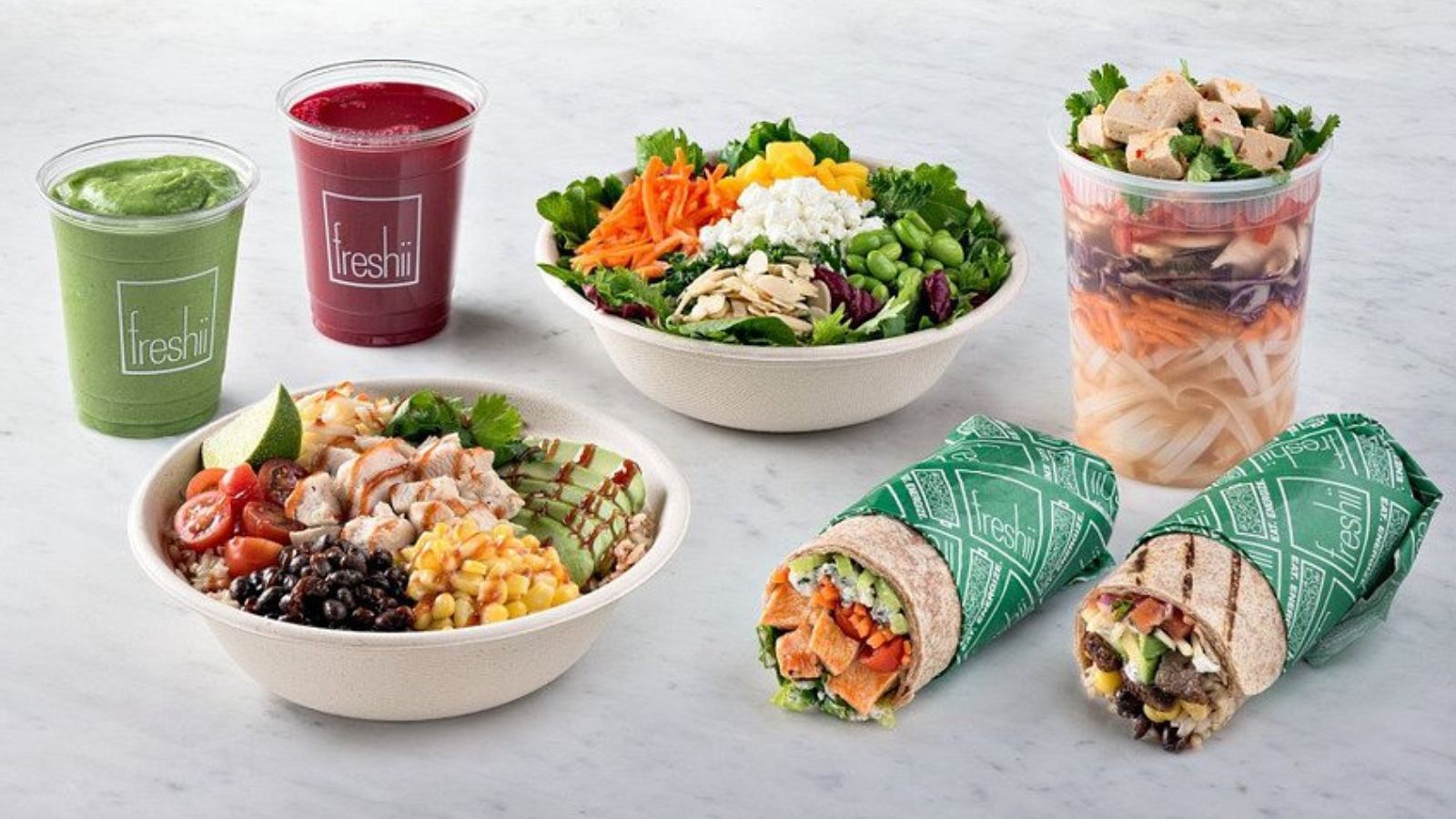
Freshii’s health-focused fast food model was ahead of its time, offering nutritious bowls, smoothies, and wraps before the wellness wave hit mainstream. While the brand expanded into the U.S., it never replicated its Canadian success. Americans had more fast-casual choices, but none offered the same blend of nutrition, price, and speed. Freshii’s Canadian core market continues to support its unique model of mindful eating.
Goodfood
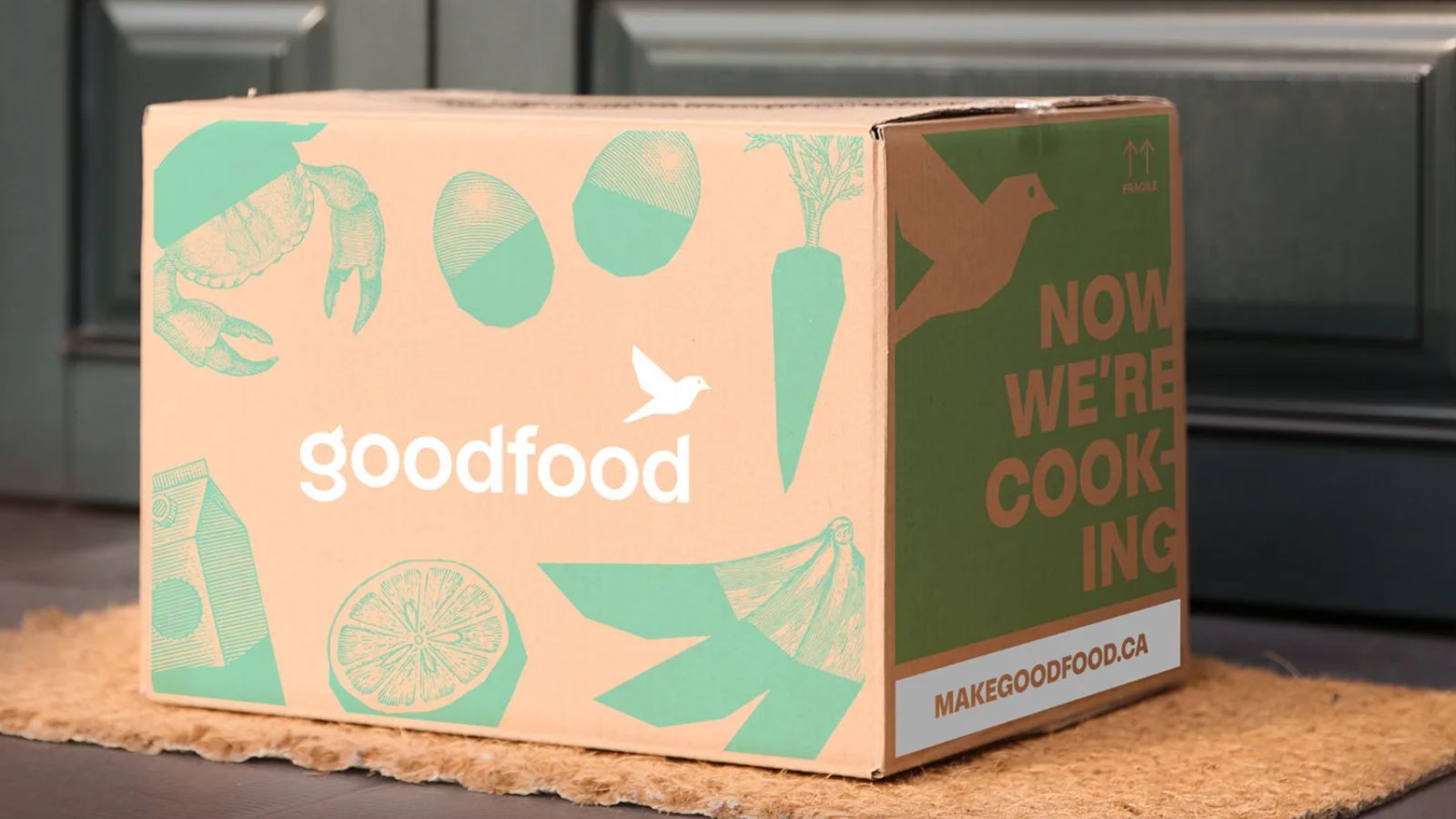
A leader in Canada’s meal kit delivery industry, Goodfood offers fresh ingredients and easy recipes to households nationwide. Its strong logistical network, smart packaging, and flexible plans have built a loyal subscriber base. While meal kits exist in the U.S., Goodfood’s success shows how regional focus and high-quality sourcing make a difference. It delivers not just meals, but convenience tailored to Canadian lifestyles.
Couche-Tard
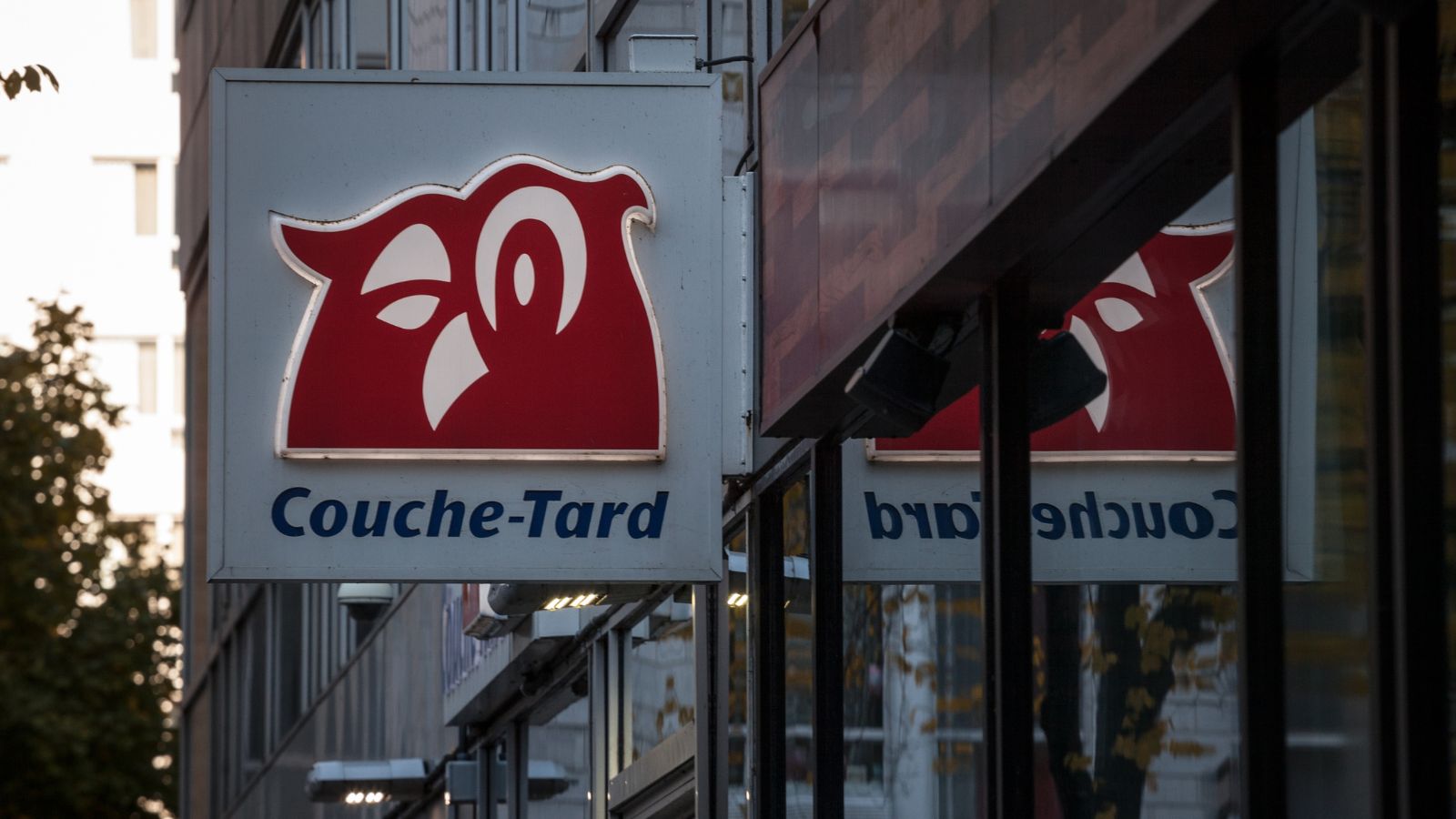
Operating under various names including Circle K globally, Couche-Tard is a giant in convenience retail, but its Quebec roots remain central. Known for strategic acquisitions and operational efficiency, Couche-Tard outpaces U.S. equivalents in both footprint and profitability. Its ability to integrate new stores while retaining local feel is unmatched. This adaptability has proven hard to duplicate in the fragmented American market.
Clearly

Clearly revolutionized eyewear retail in Canada by offering affordable prescription glasses and contact lenses online. Its straightforward pricing, fast delivery, and stylish options won over Canadians tired of high optical markups. While U.S. companies like Warby Parker made waves, Clearly succeeded earlier and built a loyal base with minimal fanfare. Its quiet disruption remains a testament to Canadian innovation in niche retail.
21 Products Canadians Should Stockpile Before Tariffs Hit

If trade tensions escalate between Canada and the U.S., everyday essentials can suddenly disappear or skyrocket in price. Products like pantry basics and tech must-haves that depend on are deeply tied to cross-border supply chains and are likely to face various kinds of disruptions
21 Products Canadians Should Stockpile Before Tariffs Hit
